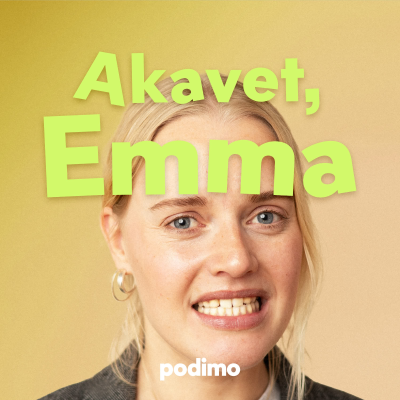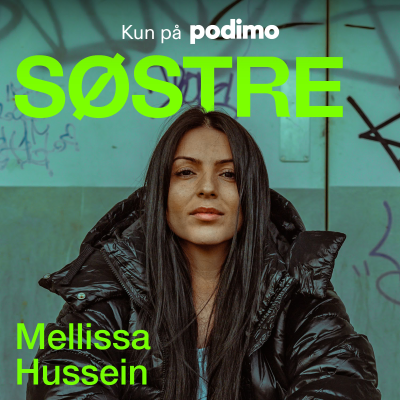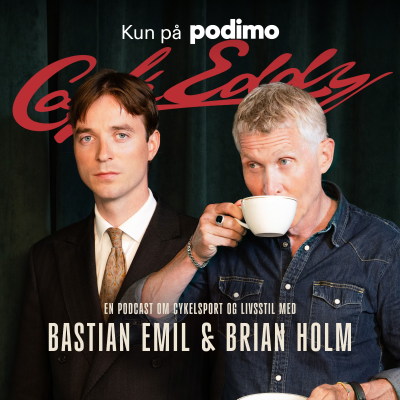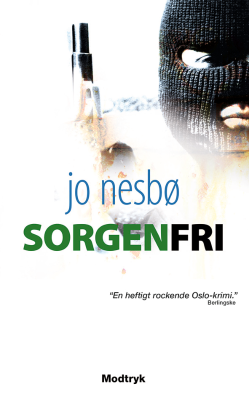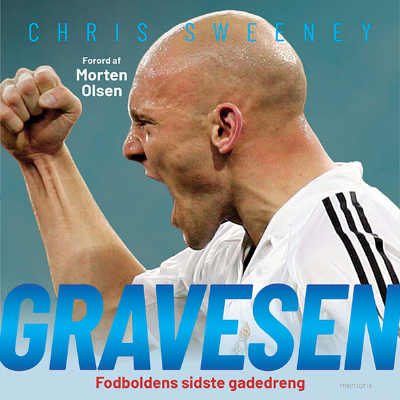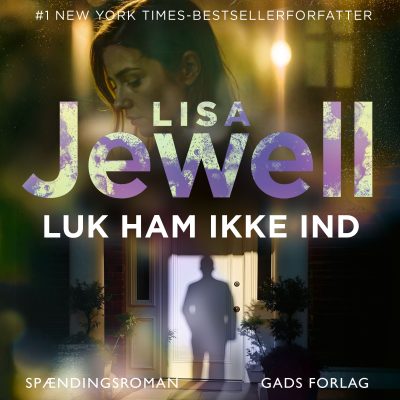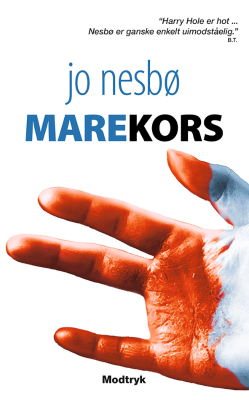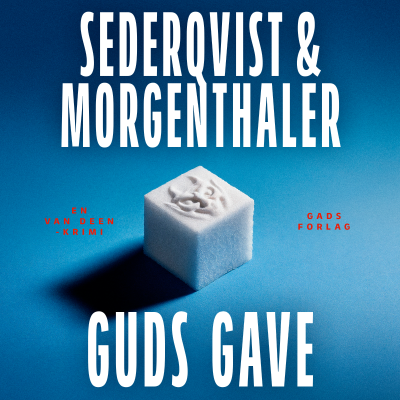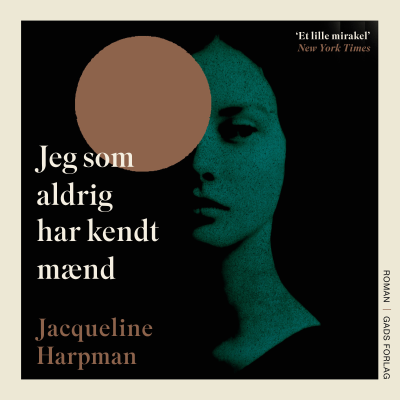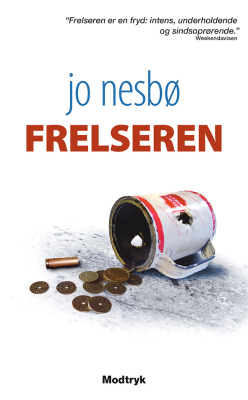
Shirtloads of Science
engelsk
Videnskab & teknologi
Prøv gratis i 7 dage
99 kr. / måned efter prøveperioden.Opsig når som helst.
- 20 lydbogstimer pr. måned
- Podcasts kun på Podimo
- Gratis podcasts
Læs mere Shirtloads of Science
Dr Karl's a curious optimist – a great combination for a science lover. Join him and his guests for weird facts, amazing conversation and remember, it's never too late for a happy childhood. https://drkarl.com/
Alle episoder
458 episoderThe Great AI Safety Debrief Part One with Dr. Petr Lebedev (460)
Intelligence is emerging from sand and less than 1% of the population seems to care! Physicist and science communicator Dr. Petr Lebedev joins the podcast following his SXSW talk to explore the rapid advancement of AI and how it's dramatically shifting the global status quo. From completing a PhD in physics and writing for Veritasium, to leading science communication at Palisade Research, Petr steps in to bring some clarity to the weird, wild, and worrying sides of AI. Did you know that no one truly understands how large language models actually work? We go deep on misaligned systems, humanoid and dog robots, and why many experts believe AI could pose a serious global risk. Is AI our greatest tool? Or something we're slowly losing control of? This conversation is big, so we've split it into three parts. Part two drops next week.
The Milky Way's Mysterious Glow with Prof. Geraint Lewis (459)
A mysterious glow from the centre of the Milky Way has scientists intrigued. Astrophysicist Geraint Lewis explains how this gamma-ray excess, first detected in 2009, could be evidence of dark matter particles interacting deep in our galaxy. With dark matter believed to make up a vast, invisible halo that holds galaxies together, uncovering the source of this glow may bring us closer to understanding what the universe is really made of. www.geraintflewis.com/ [https://www.geraintflewis.com/] Linkedin: geraint-lewis-4a499b1
Food Additives: What's Safe, What's Not? with Prof. Clare Collins (451) [REPEAT]
In this episode, I'm joined by Professor Clare Collins, Australian dietitian and Professor of Nutrition and Dietetics at the University of Newcastle. Clare is my go-to expert when it comes to all things nutrition, and today she's here to unpack the often confusing world of processed and ultra-processed foods. We dive into what really separates the two, explore the role of additives, emulsifiers, and flavour enhancers, and discuss how some of these ingredients, designed to make foods more appealing, may be doing our health more harm than good. Plus, she shares practical, no-nonsense tips to help you make smarter choices next time you're wandering the grocery aisles. Check out Clare's free online resource, No Money No Time, for simple, budget-friendly recipes and nutrition advice - nomoneynotime.com.au/ [https://nomoneynotime.com.au/] Follow Clare on X: @ProfCCollins [https://twitter.com/ProfCCollins] and LinkedIn: Clare Collins.
Staying Safe Online Part 2 with Troy Hunt (439) [REPEAT]
In part two with Online Safety Consultant Troy Hunt (Have I Been Pwned), we unpack the risks of online age verification in light of Australia's social media ban, including the personal data (often times photos or government documents) sites may demand, and how these security practices can be questionable. Troy explains why we should be thinking more about data minimisation and the dangers of unnecessary data retention. We go through the safest multi-factor authentication methods, from SMS to physical keys, and Troy shares a personal phishing story, reminding us that no-one is immune to hacking thanks to increasingly sophisticated phishing techniques. https://haveibeenpwned.com/ [https://haveibeenpwned.com/] Linkedin: Troy Hunt
The Human Side of Misinformation Part 2 with Assoc. Prof. Marian-Andrei Rizoiu (445) [REPEAT]
In part two, Associate Professor Marian-Andrei Rizoiu from the University of Technology Sydney explains how misinformation and toxic online cultures spread. We dive into the "manosphere pipeline" targeting boys as young as 10, its real-world impacts on schools and families, and how it can escalate into radicalisation. Rizoiu outlines his team's six-stage pipeline - from passive curiosity to active involvement - and why simply giving people facts doesn't solve the problem. Instead, this is a human challenge, and his lab is exploring new ways to diffuse and counter online misinformation before it turns dangerous. Linkedin: Marian-Andrei Rizoiu
Vælg dit abonnement
Premium
20 timers lydbøger
Podcasts kun på Podimo
Gratis podcasts
Opsig når som helst
Prøv gratis i 7 dage
Derefter 99 kr. / måned
Premium Plus
100 timers lydbøger
Podcasts kun på Podimo
Gratis podcasts
Opsig når som helst
Prøv gratis i 7 dage
Derefter 129 kr. / måned
Prøv gratis i 7 dage. 99 kr. / måned efter prøveperioden. Opsig når som helst.





